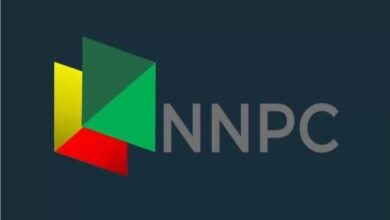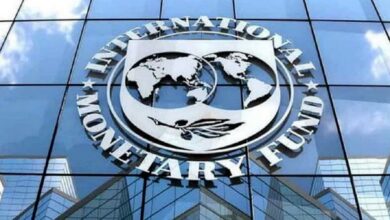CBN Issues New Guidelines for Debt Recovery and Consumer Protection

The Central Bank of Nigeria (CBN) has issued new guidelines for regulated entities to follow when recovering debts from customers. The guidelines are contained in a publication released on Thursday on its website, titled “Revised Consumer Protection Regulations.”
The publication stated that the aim of the guidelines is to ensure that financial institutions comply with consumer protection principles and respect the rights of customers. The guidelines also seek to improve the outcomes and access of financial services for customers.
The publication specified that foreclosures, which are the legal processes of taking over a property when a customer defaults on a loan, should be used only as a last resort after all other options have been exhausted. Customers should also be given the choice of selling their property privately before foreclosure, within 30 days, unless they waive this right.
The CBN also directed financial service providers to use the net proceeds from foreclosures to pay off the loan account and inform customers of any outstanding balance. Customers should also receive a detailed report on the sale of their collateral, including the process, costs, and net proceeds. The CBN added that financial service providers are responsible for the actions of their debt collection agents.
The publication also outlined the restrictions for loan providers regarding communication with people related to a customer. It said, “Providers are not allowed to contact friends, employers, relatives, or neighbours for any information other than employment status, telephone numbers, or address. The only exception is if the person has guaranteed the loan or has given consent to be contacted.”
Furthermore, the CBN required banks to protect customers’ assets and take responsibility for any losses caused by breaches of control. They are also required to test their products with customers, modify them to reduce fraud and errors, and implement measures to authenticate transactions.




